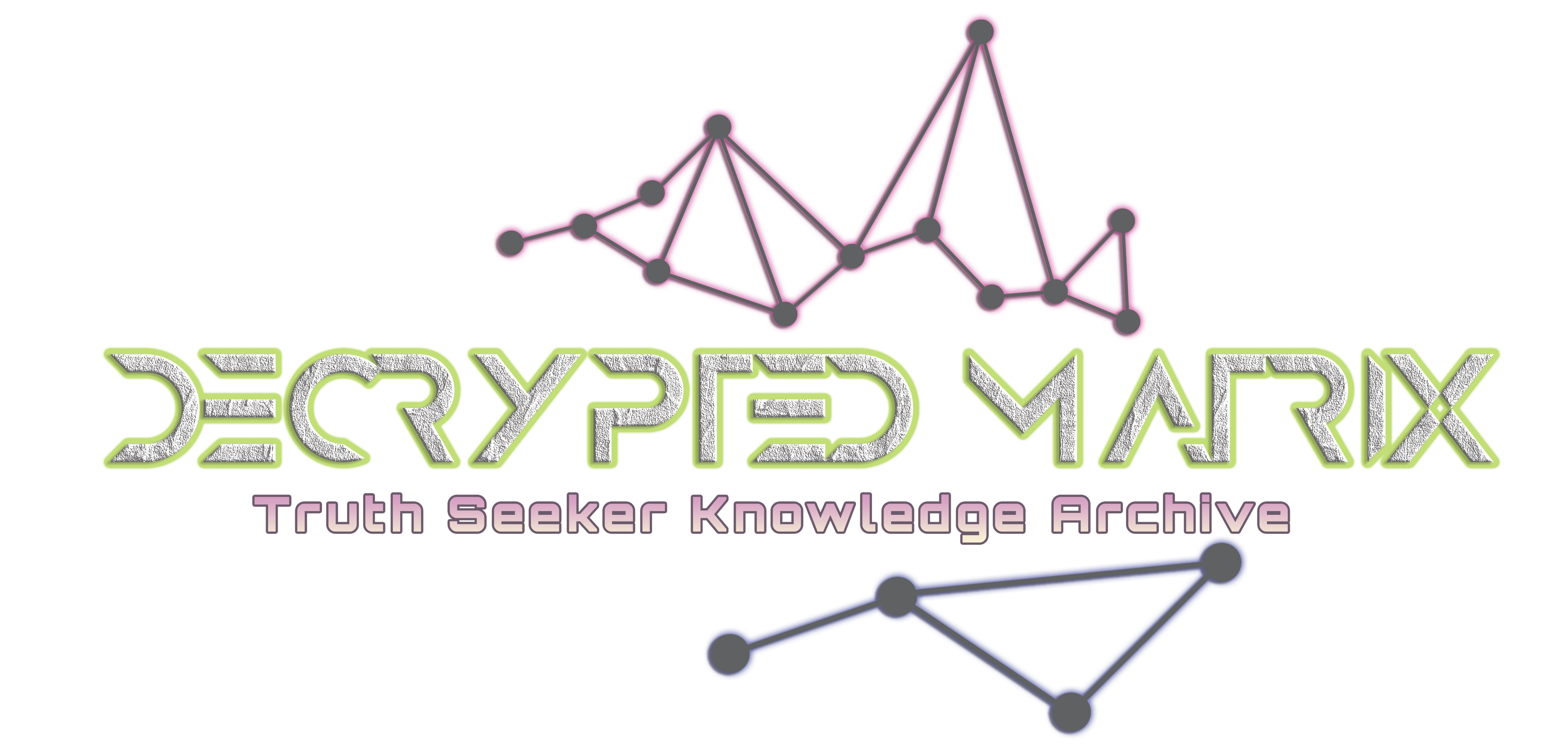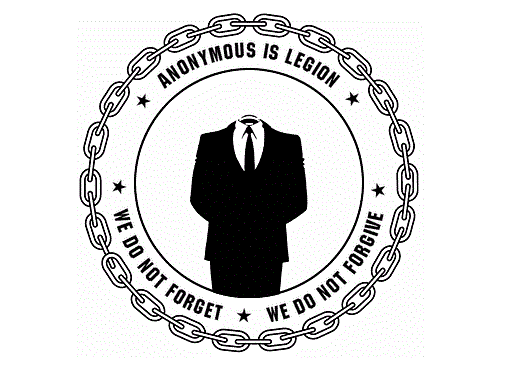 Over the past year, the U.S. government has begun to think of Anonymous, the online network phenomenon, as a threat to national security. According to The Wall Street Journal, Keith Alexander, the general in charge of the U.S. Cyber Command and the director of the National Security Agency, warned earlier this year that “the hacking group Anonymous could have the ability within the next year or two to bring about a limited power outage through a cyberattack.” His disclosure followed the U.S. Department of Homeland Security’s release of several bulletins over the course of 2011 warning about Anonymous. Media coverage has often similarly framed Anonymous as a threat, likening it to a terrorist organization. Articles regularly refer to the Anonymous offshoot LulzSec as a “splinter group,” and a recent Fox News report uncritically quoted an FBI source lauding a series of arrests that would “[chop] off the head of LulzSec.”
Over the past year, the U.S. government has begun to think of Anonymous, the online network phenomenon, as a threat to national security. According to The Wall Street Journal, Keith Alexander, the general in charge of the U.S. Cyber Command and the director of the National Security Agency, warned earlier this year that “the hacking group Anonymous could have the ability within the next year or two to bring about a limited power outage through a cyberattack.” His disclosure followed the U.S. Department of Homeland Security’s release of several bulletins over the course of 2011 warning about Anonymous. Media coverage has often similarly framed Anonymous as a threat, likening it to a terrorist organization. Articles regularly refer to the Anonymous offshoot LulzSec as a “splinter group,” and a recent Fox News report uncritically quoted an FBI source lauding a series of arrests that would “[chop] off the head of LulzSec.”
This is the wrong approach. Seeing Anonymous primarily as a cybersecurity threat is like analyzing the breadth of the antiwar movement and 1960s counterculture by focusing only on the Weathermen. Anonymous is not an organization. It is an idea, a zeitgeist, coupled with a set of social and technical practices. Diffuse and leaderless, its driving force is “lulz” — irreverence, playfulness, and spectacle. It is also a protest movement, inspiring action both on and off the Internet, that seeks to contest the abuse of power by governments and corporations and promote transparency in politics and business. Just as the antiwar movement had its bomb-throwing radicals, online hacktivists organizing under the banner of Anonymous sometimes cross the boundaries of legitimate protest. But a fearful overreaction to Anonymous poses a greater threat to freedom of expression, creativity, and innovation than any threat posed by the disruptions themselves.
No single image better captured the way that Anonymous has come to signify the Internet’s irreverent democratic culture than when, in the middle of a Polish parliamentary session in February 2012, well-dressed legislators donned Guy Fawkes masks — Anonymous’ symbol — to protest their government’s plan to sign the Anti-Counterfeiting Trade Agreement (ACTA). The treaty, designed to expand intellectual-property protection, involved years of negotiation among the United States, Japan, and the European Union, which are all like-minded on copyright law. It had the support of well-organized and well-funded companies, particularly in Hollywood and the recording industry. Although originally negotiated in secret, its contents were exposed by WikiLeaks in 2008. As a result, public pressure caused the treaty’s negotiators to water down many of its controversial provisions. But the final version still mimicked the least balanced aspects of U.S. copyright law, including its aggressive approach to asset seizure and damages. And so a last-minute protest campaign across Europe, using the symbolism of Anonymous, set out to stop the agreement from coming into force. So far, it has succeeded; no signatory has ratified it.
That is power — a species of soft power that allows millions of people, often in different countries, each of whom is individually weak, to surge in opposition to a given program or project enough to shape the outcome. In this sense, Anonymous has become a potent symbol of popular dissatisfaction with the concentration of political and corporate power in fewer and fewer hands.
It is only in this context of protest that one can begin to assess Anonymous’ hacking actions on the Internet. Over the last several years, the list of Anonymous’ cyber targets has expanded from more-or-less random Web sites, chosen for humor’s sake, to those with political or social meaning. In 2010, Anonymous activists launched a distributed denial of service (DDoS) attack — an action that prevents access to a Web site for several hours — against Web sites of the Motion Picture Association of America and the International Federation of the Phonographic Industry, the major trade groups for the film and music industries. The action came in response to revelations that several Indian movie studios had used an Indian company called Aiplex to mount vigilante DDoS attacks against illegal file-sharing sites.
SOURCE:
http://www.foreignaffairs.com/articles/137382/yochai-benkler/hacks-of-valor
By: Yochai Benkler, April 4, 2012




